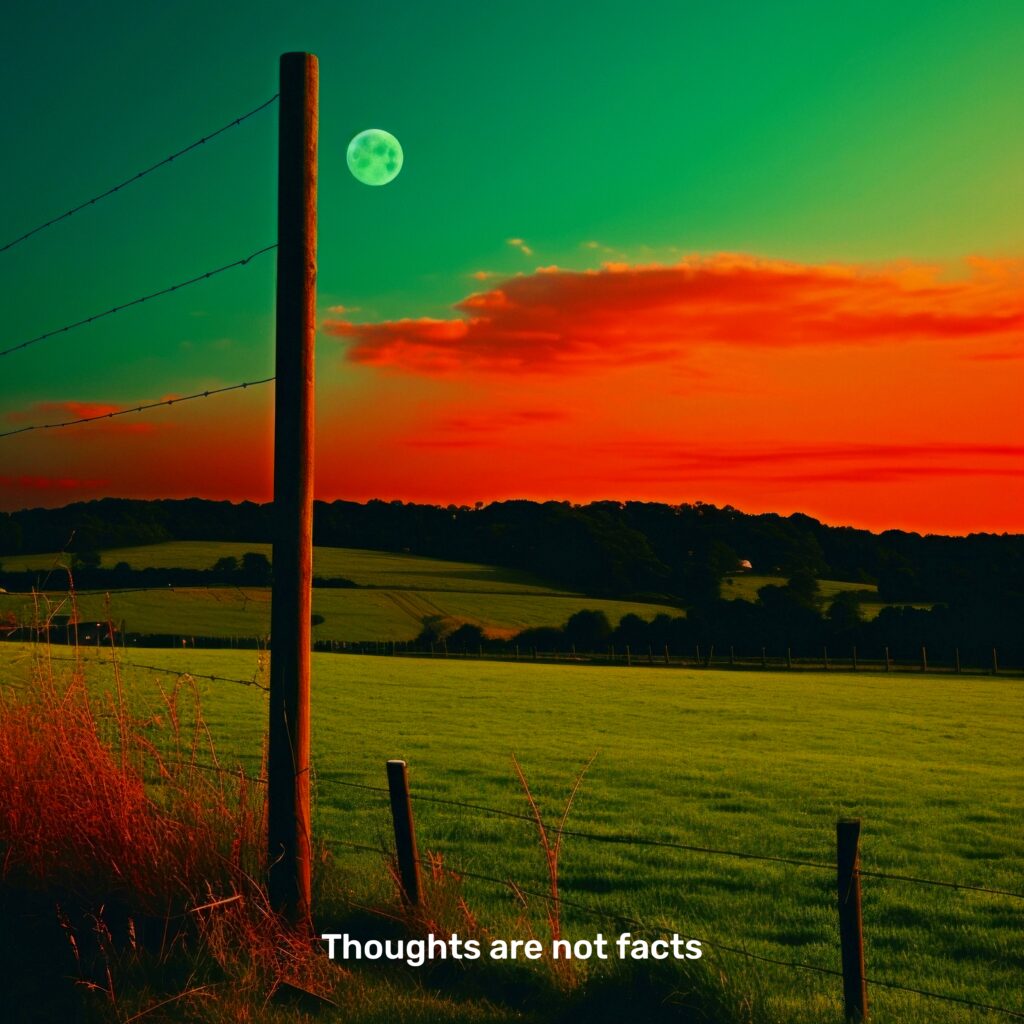When I first heard the news about Facebook no longer fact checking I felt instantly sick. I knew there was something deeper at play here, something dark, something sinister and even worse very dangerous.
Now why Mark Zuckerberg has reneged on what was once a deliberate effort to fact check information on his platform for a myriad of reasons is up for speculation perhaps. However with a little deep dig we need not go far.
Here’s what we know about Zuckerberg’s history of regulatory and government-related issues from the past.
Key Congressional Hearing Points
The government’s most significant scrutiny of Facebook and Zuckerberg centered around several key issues:
- The January 6th Capitol riot and misinformation: Congress investigated Facebook’s role in the spread of election misinformation and the organization of the January 6th events. Zuckerberg was called to testify before Congress about content moderation policies.
- The Cambridge Analytica scandal (2018): This involved the improper harvesting of Facebook user data that was then used for political advertising. The FTC fined Facebook $5 billion in 2019 over privacy violations related to this scandal.
- Antitrust investigations: The Federal Trade Commission (FTC) and multiple state attorneys general filed antitrust lawsuits against Facebook in 2020, alleging monopolistic practices.
- Whistleblower Frances Haugen (2021): She released internal documents and testified before Congress, claiming Facebook knew its platforms could cause harm but prioritized profits over safety. This led to additional congressional hearings.
The FBI and CIA have worked with Facebook on issues like foreign interference and national security, The main government oversight has come from Congress, the FTC, and the Department of Justice.
Importantly, while these hearings led to intense questioning of Zuckerberg, he personally did not face any direct fines or legal penalties. The fines and penalties were levied against Facebook/Meta as a company, not against him individually. Meanwhile the technocrat remained CEO throughout this period and maintained control of the company through its dual-class share structure.
And while not much as changed in the dark world of Meta since here’s a breakdown of the main consequences:
- Corporate fines (like the $5B FTC fine)
- New oversight requirements for the company
- Changes to Facebook’s privacy and data policies
- Reputational damage
- The company’s rebranding to Meta in late 2021
Fact Checking Was A Central Issue During The Hearings
Here’s why this new no fact checking policy is so problematic, perhaps Zuckerberg has amnesia or scarier yet perhaps he feels emboldened now that he’s buddies with the liar in chief. I’m sure he feels safe and protected being friends with the puppet master who pulls the strings. We can gather he may be assuming he is immune to prosecution considering his new buddy dodged his more than 91 felonies and counting.
The very crux of the Congressional hearings was fact-checking as a central issue and broader public debate around Facebook/Meta.
What Happens When You Don’t Fact Check
Here’s what made it such a crucial topic:
Social Impact:
- During major events like elections and the COVID-19 pandemic, misinformation on social media could have serious real-world consequences (and in many cases they did)
- False information can spread faster than accurate information on social networks due to how engaging and emotionally provocative it often is
- Once false information goes viral, corrections often don’t reach everyone who saw the original content
Platform Responsibility:
- Facebook faced scrutiny over whether it had an obligation to fact-check content on its platform
- The company initially took a hands-off approach, arguing it shouldn’t be an “arbiter of truth”
- After pressure, they implemented fact-checking partnerships with third-party organizations
- But questions remained about whether these efforts were sufficient given the platform’s massive scale
Key Challenges:
- Volume: Billions of posts makes comprehensive fact-checking impossible
- Speed: Misinformation can go viral before fact-checkers can respond
- Resources: Fact-checking is labor-intensive and expensive
- User behavior: People often share content without verifying it first
- Echo chambers: Users tend to believe and share information that confirms their existing beliefs
The hearings highlighted an ongoing debate: How do we balance free expression with preventing the spread of harmful misinformation? While fact-checking is important, there’s still no clear consensus on exactly how social media platforms should approach this responsibility.
This continues to be relevant today as social media platforms grapple with evolving challenges around misinformation, deepfakes, and A.I. content.
Why Fact Checking Matters
Fact-checking serves several crucial purposes in our information ecosystem:
Social Well-being and Democracy:
- Helps people make informed decisions about their health, safety, and voting choices
- Prevents panic and harm from false health or safety information (like during COVID-19 when false cures were circulating)
- Supports democratic processes by ensuring voters have accurate information
- Reduces societal polarization that can occur when different groups believe conflicting versions of reality
Personal Protection:
- Protects people from scams and fraud
- Helps individuals avoid making dangerous health decisions based on false medical claims
- Prevents financial losses from investment schemes or false product claims
- Assists in identifying deepfakes and AI-generated content that could be deceptive
Public Discourse:
- Creates accountability for public figures and institutions
- Helps maintain trust in legitimate journalism and science
- Makes it harder for bad actors to deliberately spread disinformation
- Encourages more responsible sharing of information on social media
A concrete example of why fact-checking matters: During the early days of COVID-19, a false claim circulated that drinking bleach could cure the virus. Without fact-checking and correction of this misinformation, more people might have been seriously harmed. This shows how fact-checking isn’t just about political truth – it can be a matter of life and death.
Think of fact-checking like the immune system for our information environment – it helps identify and stop harmful false information before it can spread too widely and cause damage.
Facebook is perhaps a real danger to us all – checkout this previous post for more.
